Endocrinology and Hormones
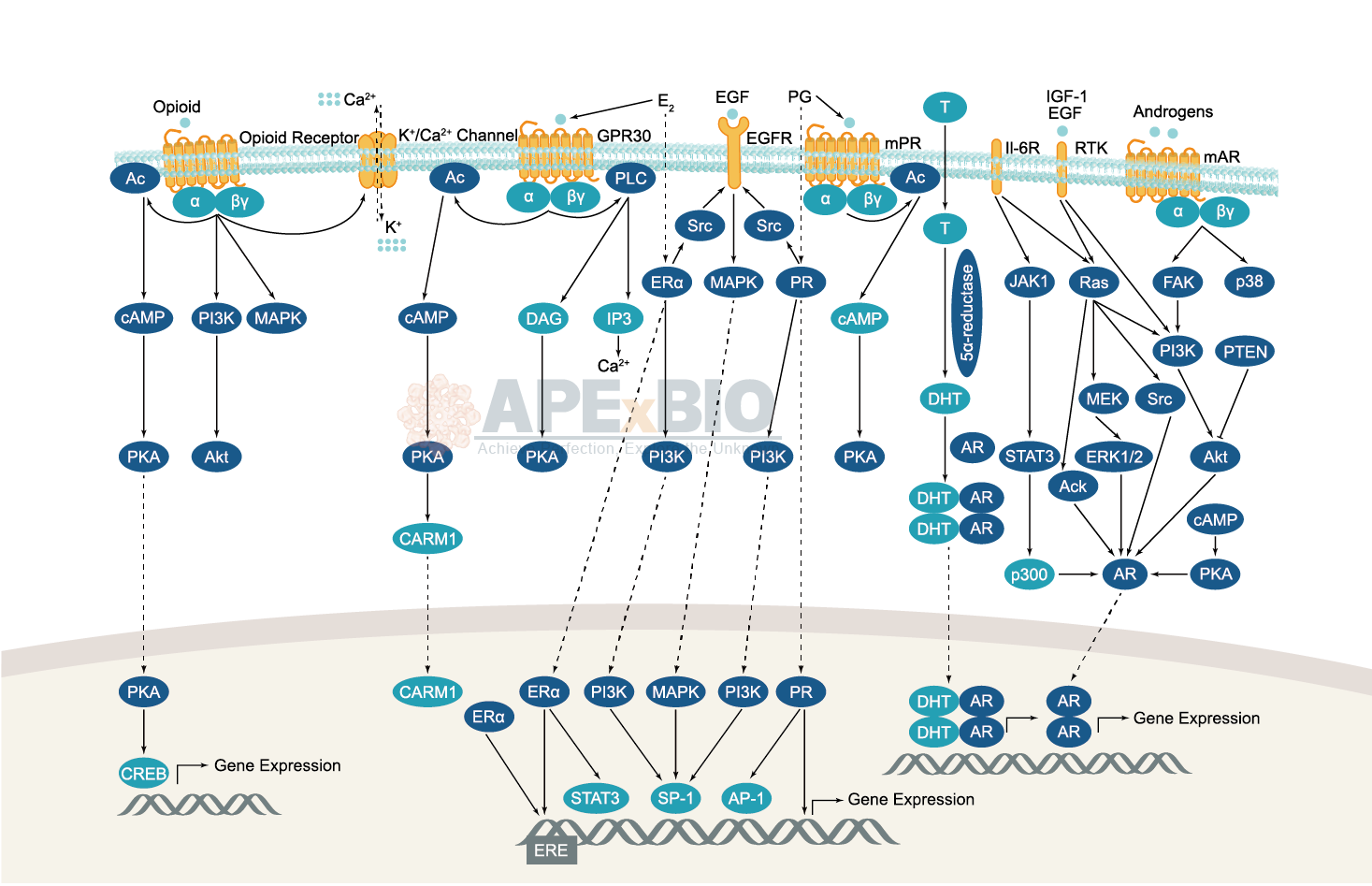
There are three types of hormones based on their chemical composition: Amines (e.g. dopamine, adrenalin and noradrenalin); Steroids (e.g. estrogen, testosterone and glucocorticoids); Peptides (e.g. the peptide hormones insulin, ghrelin and vasopressin). Peptide hormones produced by secretory nervous tissue are known as neuropeptides. For example, thyroid hormone plays important parts in development, homeostasis and metabolism, while cortisol is essential for growth, nutrient supply and immune function. Moreover, the regulation of blood glucose involves several pancreatic peptide insulin and its counter regulatory hormone, glucagon, as well as cortisol, growth hormone and epinephrine.
Dysregulations in endocrine system are implicated in diseases such as Acromegaly, Cushing Syndrome, Diabetes, Dwarfism, Graves Disease, Hermaphroditism, Delayed and Precocious Puberty and Thyroid Diseases.
-
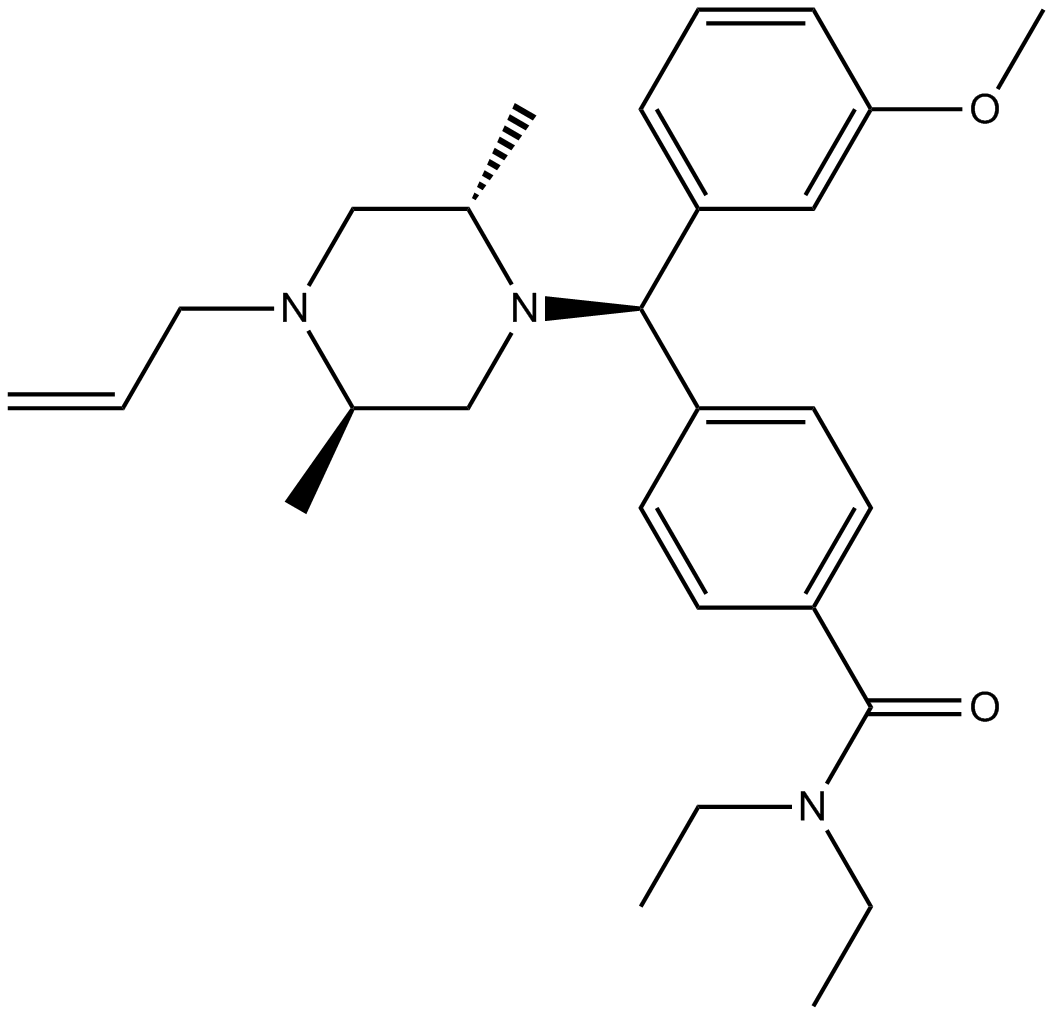 B6441 SNC 80Summary: A highly selective and potent nonpeptide δ-opioid receptor agonist
B6441 SNC 80Summary: A highly selective and potent nonpeptide δ-opioid receptor agonist -
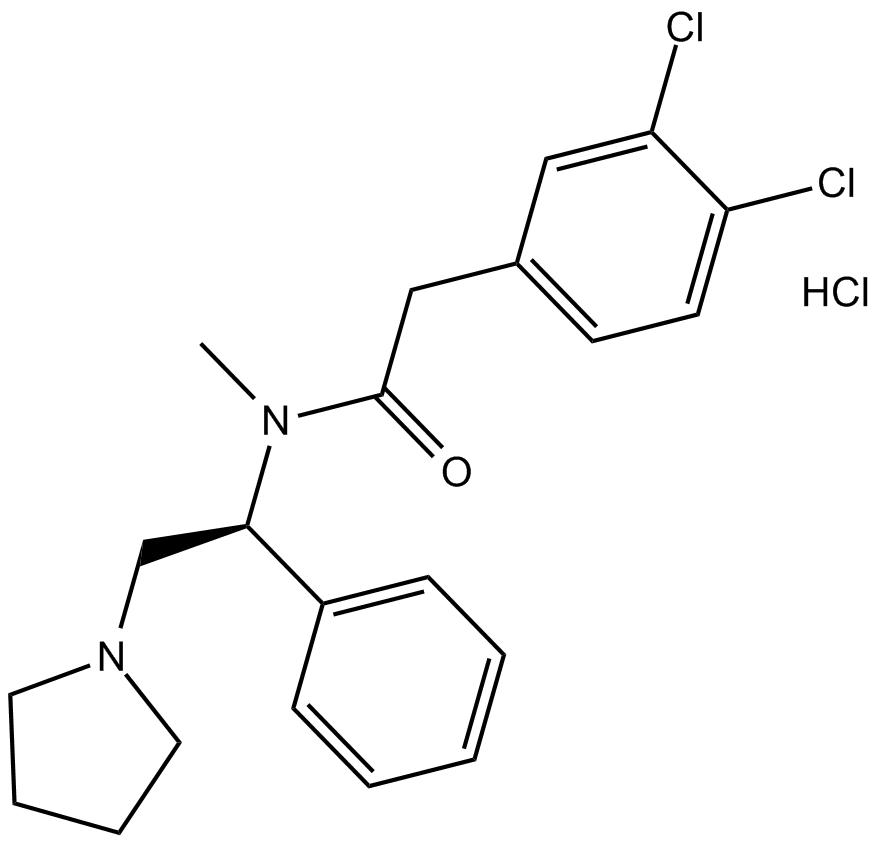 B6448 ICI 199,441 hydrochlorideSummary: κ agonist
B6448 ICI 199,441 hydrochlorideSummary: κ agonist -
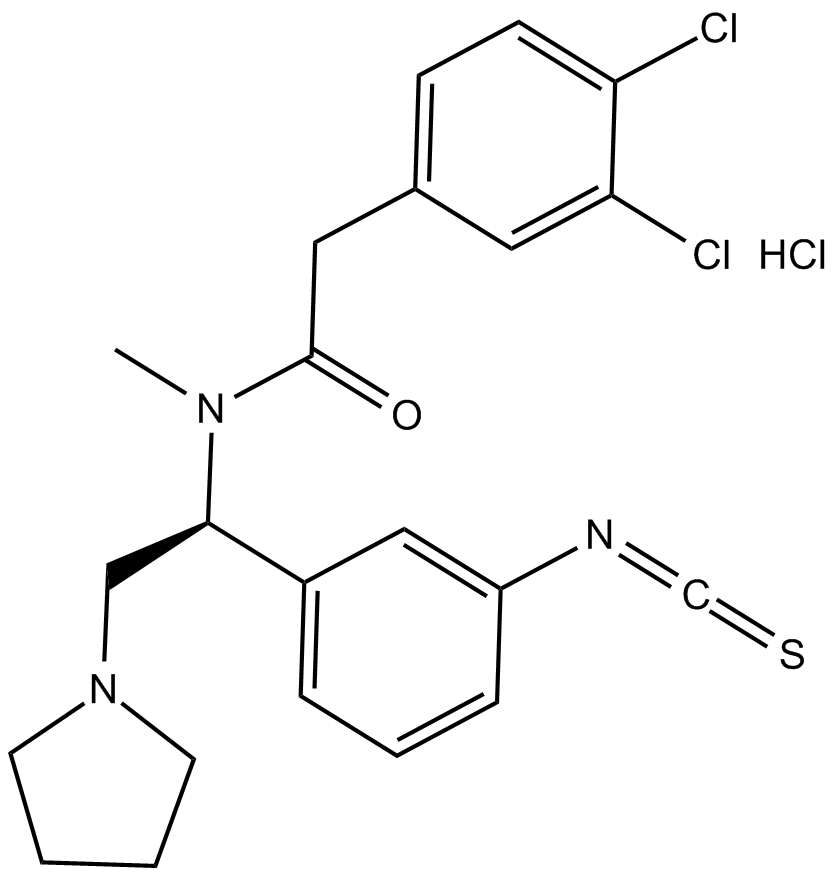 B6456 DIPPA hydrochlorideSummary: κ receptor antagonist
B6456 DIPPA hydrochlorideSummary: κ receptor antagonist -
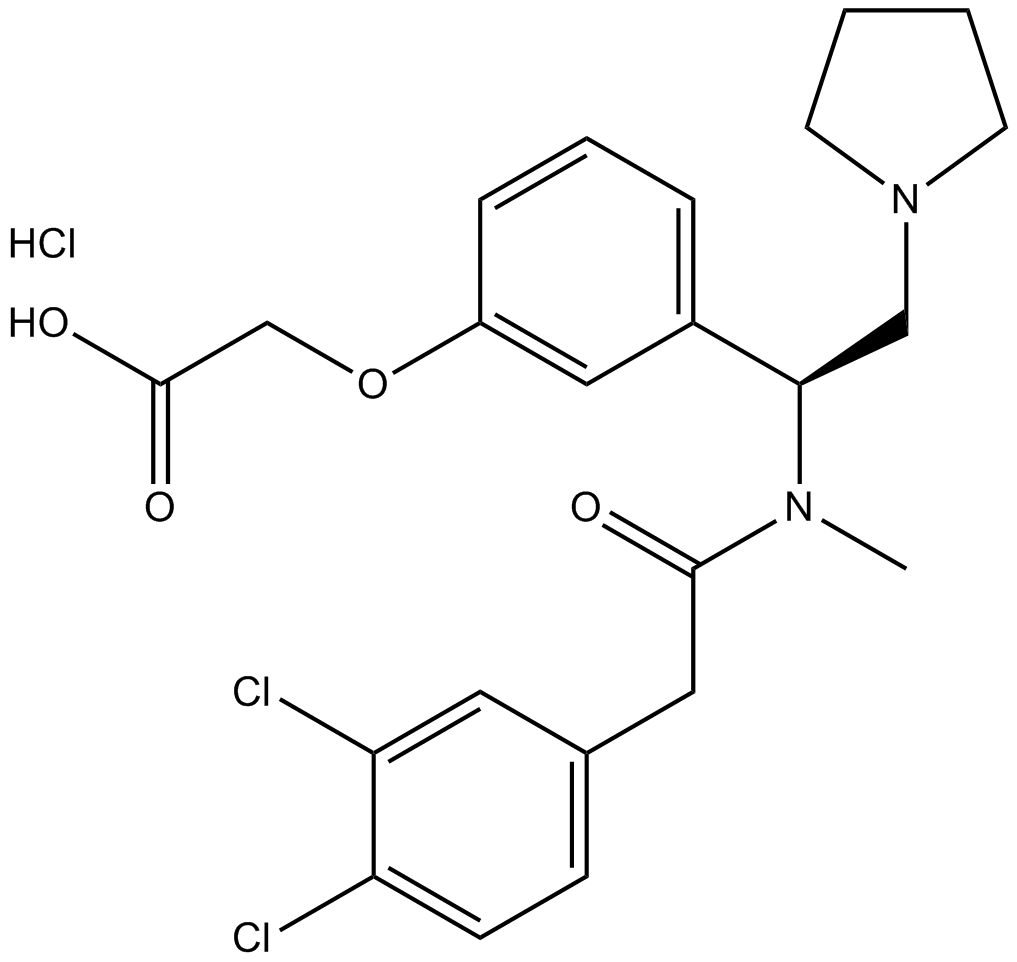 B6463 ICI 204,448 hydrochlorideSummary: κ opioid receptor agonist
B6463 ICI 204,448 hydrochlorideSummary: κ opioid receptor agonist -
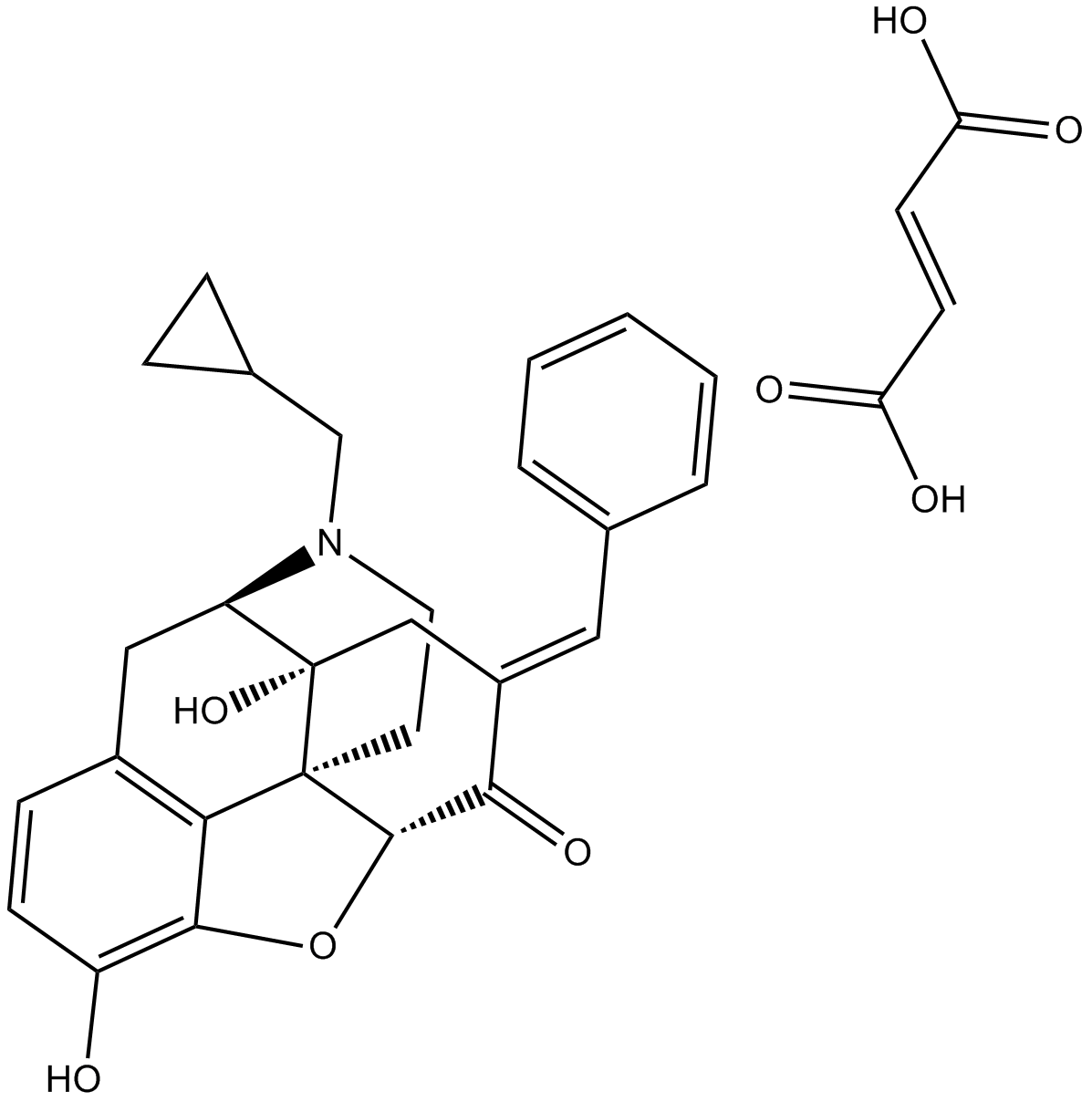 B6495 BNTX maleateSummary: δ1 opioid receptor antagonist
B6495 BNTX maleateSummary: δ1 opioid receptor antagonist -
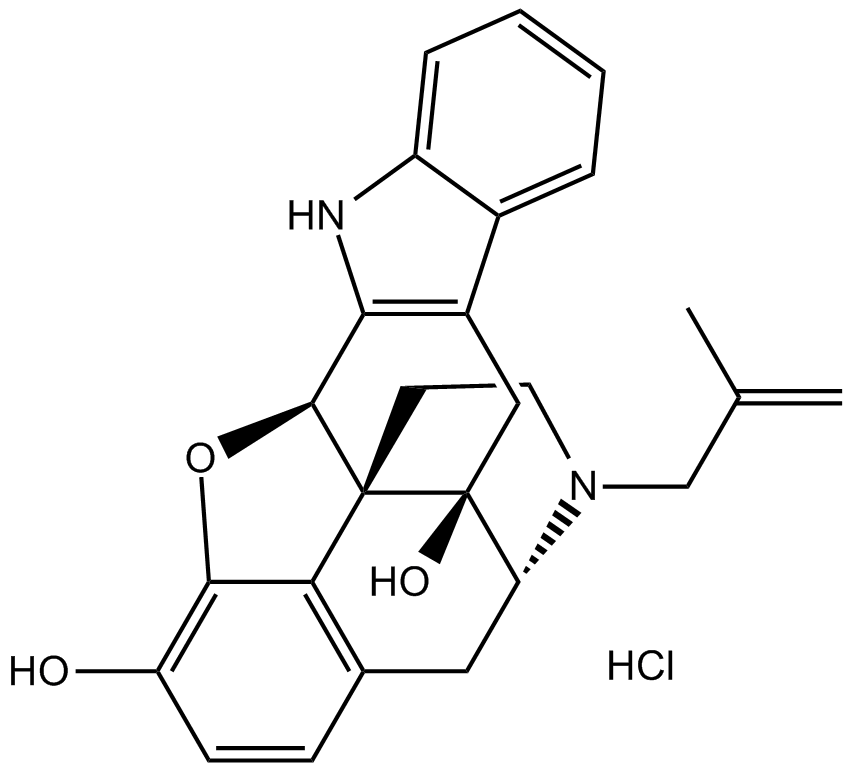 B6727 SDM25N hydrochlorideSummary: δ receptor antagonist
B6727 SDM25N hydrochlorideSummary: δ receptor antagonist -
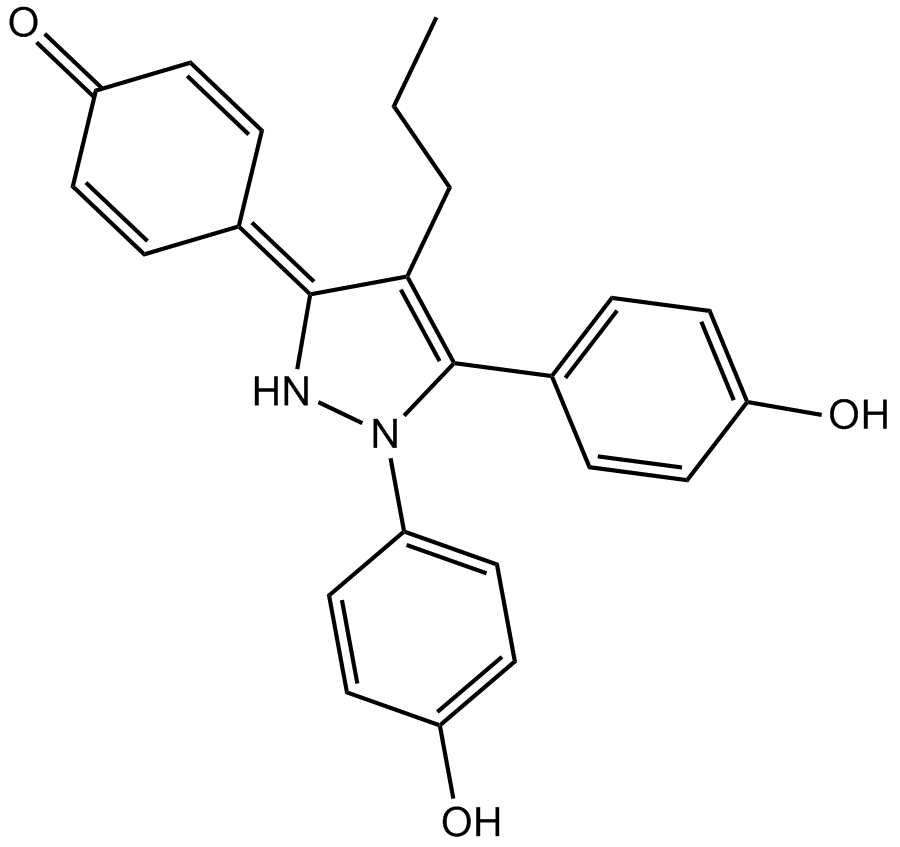 B6735 PPTSummary: A potent, selective ERα agonist
B6735 PPTSummary: A potent, selective ERα agonist -
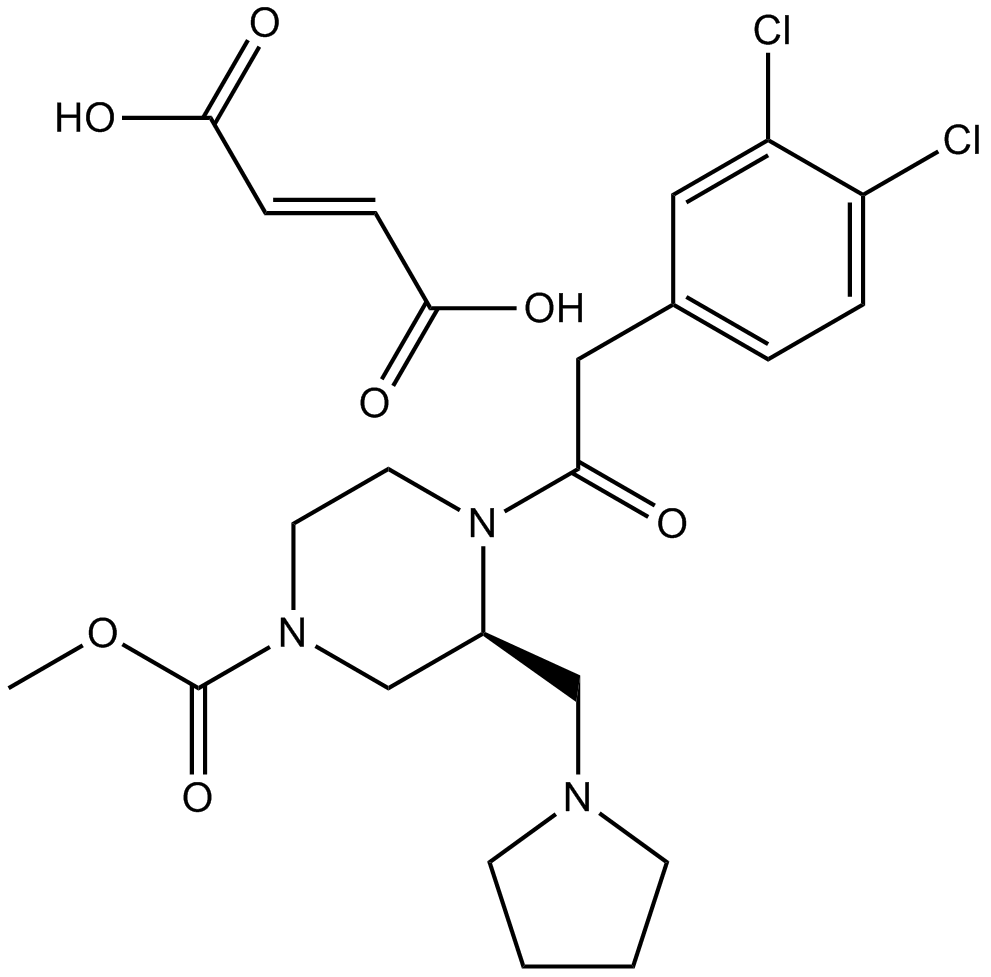 B6757 GR 89696 fumarateSummary: κ-opioid agonist
B6757 GR 89696 fumarateSummary: κ-opioid agonist -
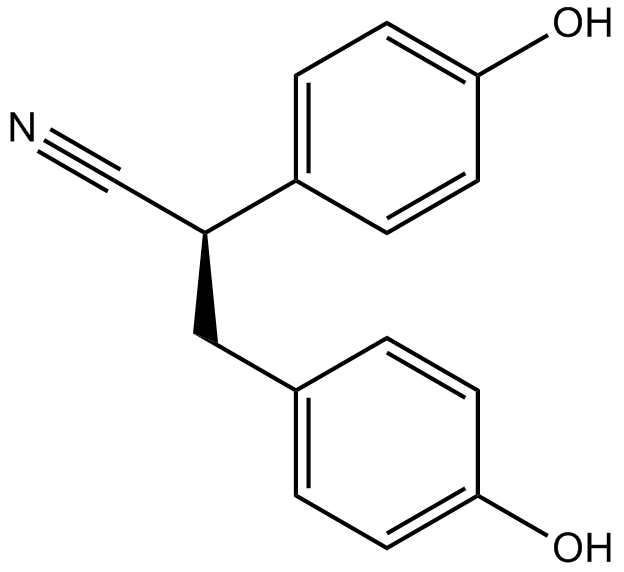 B6763 DPNSummary: ERβ receptor agonist
B6763 DPNSummary: ERβ receptor agonist -
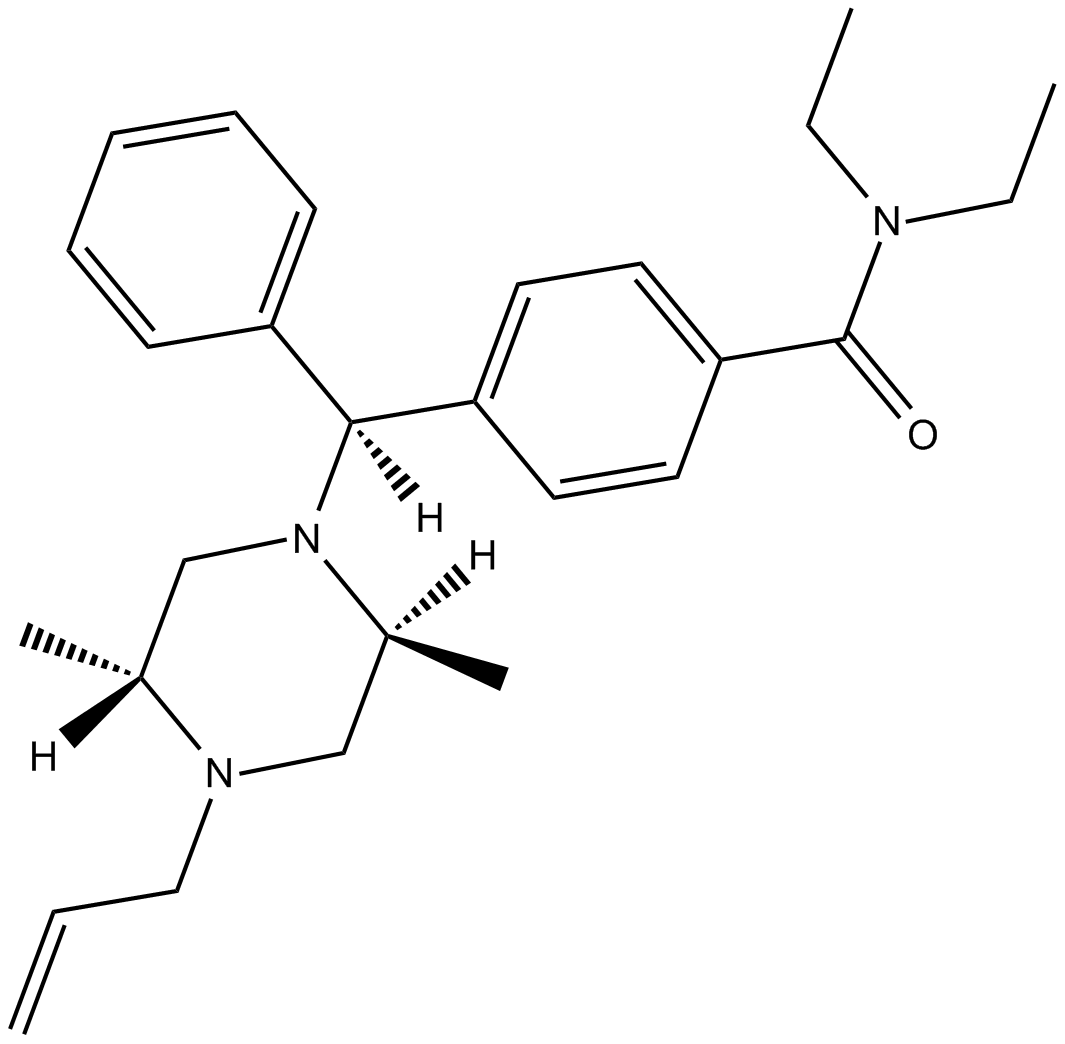 B6778 SNC 162Summary: δ-opioid receptor agonist
B6778 SNC 162Summary: δ-opioid receptor agonist

